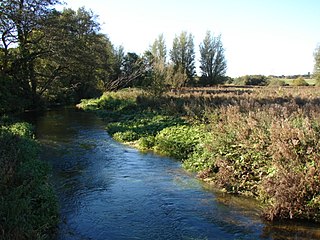
The River Nar is a river in England, a tributary of the River Great Ouse. It rises at Mileham near Litcham in Norfolk and flows 15 miles west through Castle Acre and Narborough, joining the Ouse at King's Lynn. It has had a variety of alternative names, such as the Setch, the Sandringham, and Lynn Flu, though these are rarely, if ever, used today. In 2011 the Nar was recognised by the Environment Agency as one of the top ten most improved rivers in England and Wales.
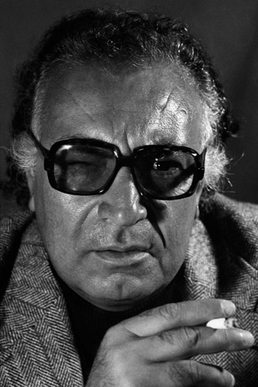
Yaşar Kemal was a Kurdish writer and human rights activist and one of Turkey's leading authors. He received 38 awards during his lifetime and had been a candidate for the Nobel Prize in Literature on the strength of Memed, My Hawk.
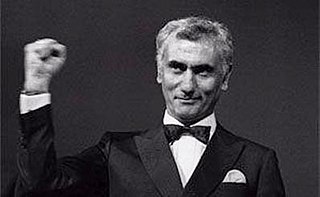
Yılmaz Güney was a Kurdish film director, screenwriter, novelist, actor and communist political activist. He quickly rose to prominence in the Turkish film industry. Many of his works were made from a far-left perspective and devoted to the plight of working-class people in Turkey. Güney won the Palme d'Or at the Cannes Film Festival in 1982 for the film Yol which he co-produced with Şerif Gören. He was at constant odds with the Turkish government over the portrayal of Kurdish culture, people and language along with Marxist-Leninist propaganda in his movies.

Karşıyaka is a municipality and district of İzmir Province, Turkey. Its area is 51 km2, and its population is 346,264 (2022). The district extends for twelve kilometres along the northern and eastern coastline of the tip of the Gulf of İzmir. Its centre is at a distance of 6 km (4 mi) to the north from the traditional centre of İzmir, which is Konak Square in Konak at the opposite coast. Karşıyaka's district area neighbours the district areas of Menemen to the north, Bornova to the east and Çiğli to the west. Besides being an active venue of commerce, culture and educational activities and tourism, Karşıyaka also has an urban culture centred on the sports club Karşıyaka SK, which commands a large and passionate fan base.

Bitter Rice is a 1949 Italian neorealist crime drama film directed and co-written by Giuseppe De Santis, produced by Dino De Laurentiis, and starring Vittorio Gassman, Doris Dowling, Silvana Mangano, and Raf Vallone. The story follows a pair of fugitives, who hide among the rice fields of northern Italy. The Italian title of the film is based on a pun; since the Italian word riso can mean either "rice" or "laughter", riso amaro can be taken to mean either "bitter laughter" or "bitter rice".

Fabio Vacchi is an Italian composer.

Cizre is a city in the Cizre District of Şırnak Province in Turkey. It is located on the river Tigris by the Syria–Turkey border and close to the Iraq–Turkey border. Cizre is in the historical region of Upper Mesopotamia and the cultural region of Turkish Kurdistan. The city had a population of 130,916 in 2021.
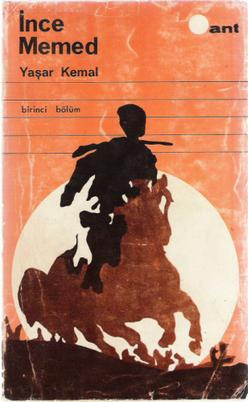
Memed, My Hawk is a 1955 novel by Yaşar Kemal. It was Kemal's debut novel and is the first novel in his İnce Memed tetralogy. The novel won the Varlık Prize for that year, and earned Kemal a national reputation. In 1961, the book was translated into English by Edouard Roditi, thus gaining Kemal his first exposure to English-speaking readers.
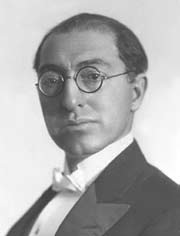
Tevfik Rüştü Aras was a Turkish politician, serving as deputy and foreign minister of Turkey during the Atatürk era (1923–1938).
During the Sangam age, 500 BCE – 300 CE, agriculture was the main vocation of the Tamil. It was considered a necessity for life, and hence was treated as the foremost among all occupations. The farmers or the Ulavar were placed right at the top of the social classification. As they were the producers of food grains, they lived with self-respect. Agriculture during the early stages of Sangam period was primitive, but it progressively got more efficient with improvements in irrigation, ploughing, manuring, storage and distribution. The ancient Tamils were aware of the different varieties of soil, the kinds of crops that can be grown on them and the various irrigation schemes suitable for a given region. These were also in Madras, Thanjore.
Teneke is a novel by the Turkish author of Kurdish origin Yaşar Kemal, appeared in 1955 by Varlık Yayınları after its first publication in 1954 as an episode in the newspaper Cumhuriyet. It is Kemal's second novel. Teneke reached its 23rd edition, published 2004 by Yapı Kredi Yayınları.
The time that can be called contemporary in Turkish literature falls in the period between the middle of the 20th century and the first years of the new millennium. Throughout this period many changes in literary discourse have occurred. Together with the fall of the Ottoman Empire and foundation of the Turkish Republic brought a different way to Turkish literature together with the effect of Westernization on Turkish writers. The literature of the new republic emerged largely from the pre-independence National Literature movement, with its roots simultaneously in the Turkish folk tradition and in the Western notion of progress. One important change to Turkish literature was enacted in 1928, when Mustafa Kemal initiated the creation and dissemination of a modified version of the Latin alphabet to replace the Arabic-based Ottoman script. Over time, this change—together with changes in Turkey's system of education— would lead to more widespread literacy in the country. In 1950s, Turkish authors started to write in the tone of their western contemporaries bringing a new sense of literature to the country.
They Burn the Thistles – Ince Memed II is a 1969 novel by Yaşar Kemal. It was Kemal's second novel in his İnce Memed tetralogy.
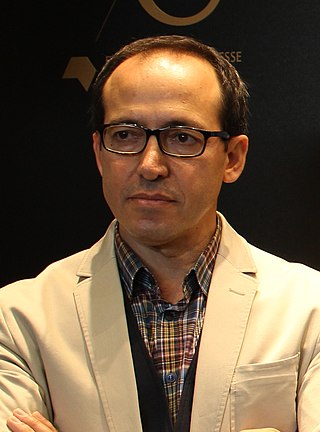
Burhan Sönmez is a Kurdish human rights lawyer and novelist from Turkey. He is the President of PEN International, elected at the Centennial Congress in 2021. He is also Senior Member and a By-Fellow of Hughes Hall College, University of Cambridge.

The Zilan massacre was the massacre of thousands of Kurdish civilians by the Turkish Land Forces in the Zilan Valley of Van Province on 12/13 July 1930, during the Ararat rebellion in Ağrı Province.

Once Upon a Time in Anatolia is a 2011 internationally co-produced drama film, co-written and directed by Nuri Bilge Ceylan based on the true experience of one of the film's writers, telling the story of a group of men who search for a dead body on the Anatolian steppe. The film, which went on nationwide general release across Turkey on 23 September 2011, premiered at the 2011 Cannes Film Festival where it was a co-winner of the Grand Prix.

The Simko Shikak revolt refers to an armed Ottoman-backed tribal Kurdish uprising against the Qajar dynasty of Iran from 1918 to 1922, led by Kurdish chieftain Simko Shikak from the Shekak tribe.

Fenerbahçe SK, a major Turkish multi-sport club based in Istanbul, Turkey, have developed a strong following since their foundation in 1907. They are the second most popular football club in Turkey, with 35% of Turkey supporting them, and the most popular in Istanbul and Ankara. Fenerbahçe have a large fanbase throughout in Turkey, Northern Cyprus, Azerbaijan, South Korea and in the Turkish diaspora. There are also fans from other Muslim communities in the world, as well as minorities in Turkey such as Circassians and Kurds. The supporters are known for their passionate, fierce, and unwavering support. In their home at the Şükrü Saracoğlu Stadium, Fenerbahçe's average attendances have been among the highest in Turkey.
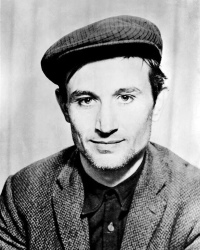
İbrahim Kaypakkaya was a Kurdish Maoist, who founded the Communist Party of Turkey/Marxist-Leninist (TKP/ML). He is revered by many today as a symbol of resistance and as an aggregator of the ideas of other major leaders and thinkers in Marxism–Leninism–Maoism. Kaypakkaya was captured after being wounded in an engagement with the Turkish military in Tunceli Province in 1973, and executed in Diyarbakir Prison four months later.
The Karaosmanoğlu Dynasty is a family that were derebey or ayans, part of the land owning elite in the peripheral provinces, during the Ottoman Empire. After the empire fell, its members have continued to have an impact in Turkey and abroad.















